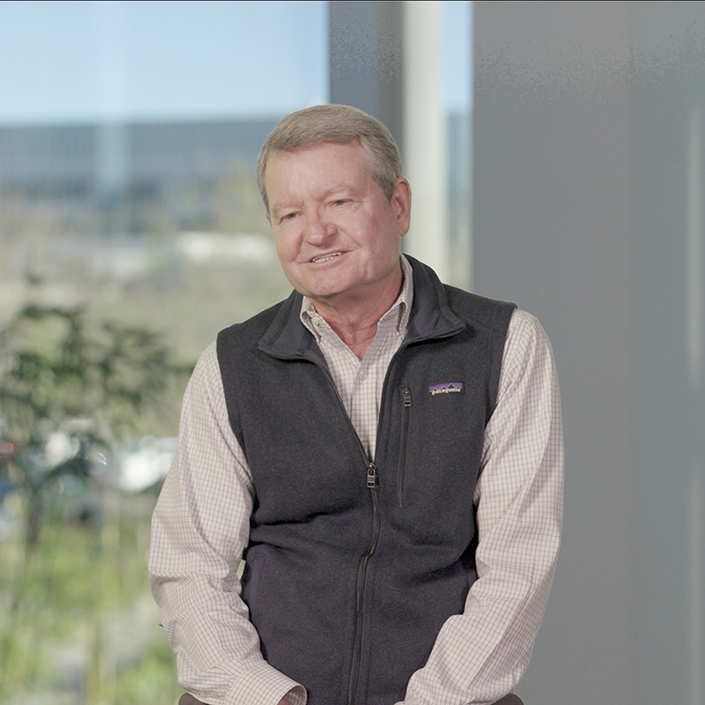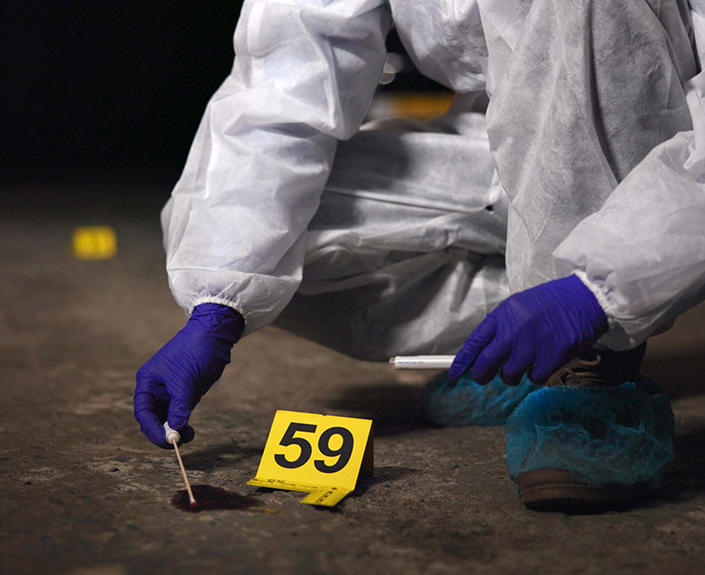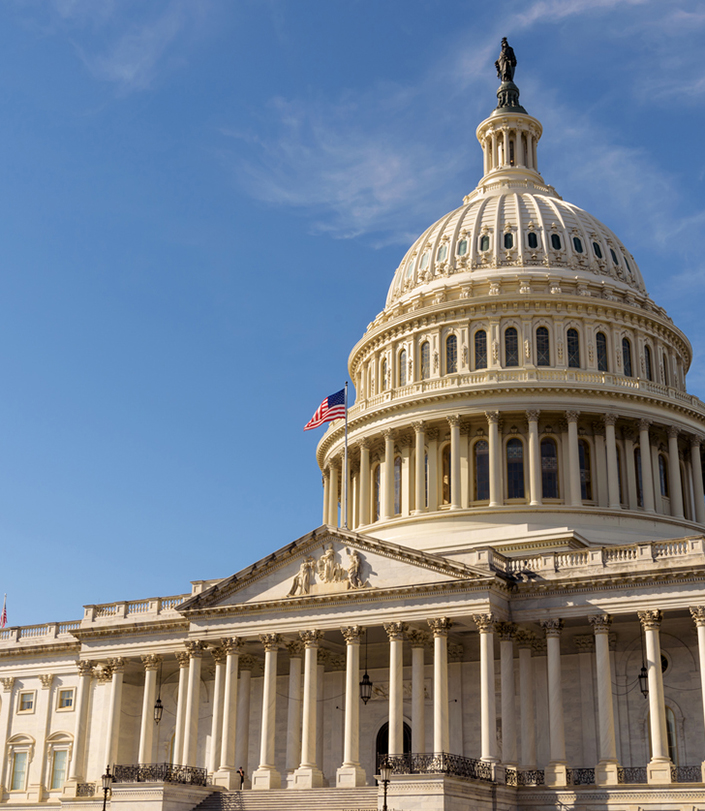How Eyewitness Memory Can Serve Justice
Q&A with John Wixted, Distinguished Professor of Psychology at UC San Diego
Published Date
Story by:
Topics covered:
Share This:
Article Content
Eyewitness misidentifications have long been a source of wrongful convictions, casting doubt on the reliability of memory in the courtroom. But UC San Diego psychologist John Wixted says the story doesn’t end there. His research shows that if memory is tested the right way—early, carefully, and only once—it can be a powerful tool not just for identifying the guilty but for protecting the innocent.
A leading memory researcher, Wixted began in basic science, studying how confidence and recognition work in the brain. When he turned his focus to eyewitness memory, he found that the legal system often ignores the most reliable version of a witness’s memory: the first test. It also tends to ignore how confident an eyewitness was in the beginning. But eyewitness memory is no different than DNA or fingerprints in one important way, he argues: “It can be contaminated.”
Wixted, a distinguished professor in the UC San Diego Department of Psychology who for many years served as department chair, runs the Wixted Memory Lab. His work on memory has influenced how police conduct lineups and has also been applied in courtrooms around the country, leading to the exonerations of innocent people and helping ensure that in future the right person is convicted in the first place.
We sat down with Wixted to discuss.
Why does eyewitness memory matter when it comes to justice?
Eyewitness memory matters for achieving true justice, because to make society a better place, it's essential to put the guilty in prison when they commit severe crimes, but also protect the innocent, not putting them in prison for crimes they didn't commit. And memory can be used for that purpose if you use it the right way.
Aren’t eyewitnesses often wrong?
Most people think that eyewitness memory is too unreliable to trust because eyewitnesses often do get it wrong by the time of a criminal trial. They honestly and sincerely but falsely remember an innocent person having committed the crime.
What my research shows is that if you back up to the beginning of the police investigation, the first time the witness’s memory was tested for that same person, it can be very reliable.

What does it take to test a witness’s memory properly?
The key thing for testing a witness’s memory correctly is to test it only once for a given suspect, because even that first test changes the witness’s memory for that person. If that person is innocent, it's the first time the witness is laying eyes on him, and that's how he gets into the witness’s memory.
In addition, it's important to run the test properly.
What does the science say about how to run a fair lineup?
You should have only one suspect in that lineup, one person the police think may have committed the crime. Everyone else should be similar looking individuals who the police know are innocent. The witness should be told that the perpetrator may not be among these photos.
And the officer who's administering those photos should be an officer who isn't even working the case, and so doesn't even know who the suspect is... It becomes a pure test of the witness’s memory. And when you do it that way, that's when things get interesting.
What about how the photos are shown—does that matter?
You can show the six photos simultaneously or you can show them one at a time. There was a controversy some years ago about the best way to do it. Most of the research today finds that the simultaneous photo lineup is the best way to test their memory.
"The key thing for testing a witness’s memory correctly is to test it only once for a given suspect, because even that first test changes the witness’s memory for that person.”
How does a witness’s confidence help us tell if they’re right?
Recording the confidence that a witness has in identification the first time their memory is tested for a suspect is essential for distinguishing between reliable and unreliable identifications.
The field for a long time mistakenly concluded that confidence tells you nothing, and that's true by the time of the criminal trial. But on the first test, it's the opposite. It tells you everything.
Can you explain your analogy between memory and forensic evidence?
People understand that forensic evidence can be contaminated. They know that DNA can be contaminated. They know that fingerprints can be contaminated.
That’s why the police get to the crime scene right away—to test the uncontaminated forensic evidence.
All I'm saying is the same exact principle applies to human memory.
Get it early—before it’s contaminated. That’s how you use memory to better serve the cause of justice.
Has your research changed how the justice system works?
I have seen my work lead to real changes. It's happening right now, actually, in various ways.
One way is they have revisited some convictions of people who were not identified on the first test and confidently identified at trial, some after spending decades in prison. They revisit the case based on this new research and decide that actually, the eyewitness evidence… properly understood, points in the direction of innocence, not guilt.

What’s one thing you wish more people understood?
I wish more people understood that eyewitness memory is not unreliable. It's reliable on the first test. And you often find evidence of innocence that nobody ever paid attention to. And that's why everybody thinks eyewitness memory is unreliable.
How do you respond to judges and jurors who think they already know how memory works?
They know about forgetting, because we learn about that from everyday experience. We have all forgotten something, at some time.
They’re completely oblivious to the other threat to the accuracy of memory, which is memory contamination. You haven’t forgotten—you’re remembering clearly—except it’s false.
You don’t know that you have false memories of episodes that occurred in your distant past, but everybody does.
The reason you don’t know it is because it feels absolutely true.
"Recording the confidence that a witness has in identification the first time their memory is tested for a suspect is essential.”
Did you ever expect your lab work to impact real lives?
I never thought that day would come when that work I did as a basic scientist actually would help people. I never saw that coming. I wasn’t looking for it. It just came.
That’s how basic science is. You don’t know what’s going to apply to society and make our world a better place.
You’ve said this kind of research only happens with federal support. Why is that?
I'm a living example of why it does [matter]. Because the research that I conducted that has culminated in these changes to the legal system all these years later is—it cost money to conduct.
Most of the research that I've conducted that's related to what I'm talking about today wasn't obviously related to what I'm talking about today. And so, you know, a corporation is not going to fund it. It's basic science research on how memory works.
Federal funding is essential for that work to be conducted in the first place, because no one else is going to fund it.
That’s why you need federal funding—to help write the Encyclopedia of Knowledge. So then when you do need it, you can pull it off the shelf.

You May Also Like
Stay in the Know
Keep up with all the latest from UC San Diego. Subscribe to the newsletter today.





